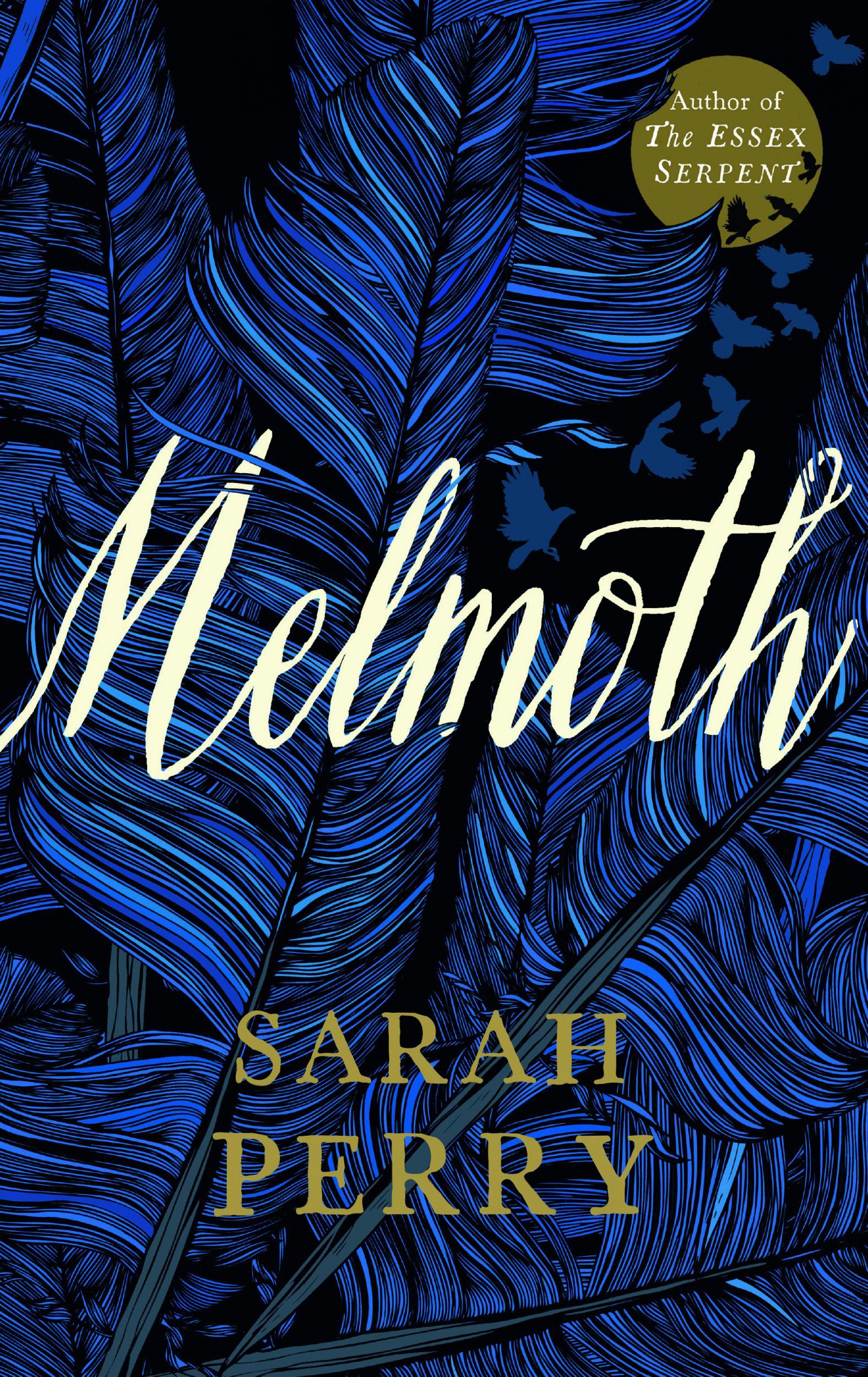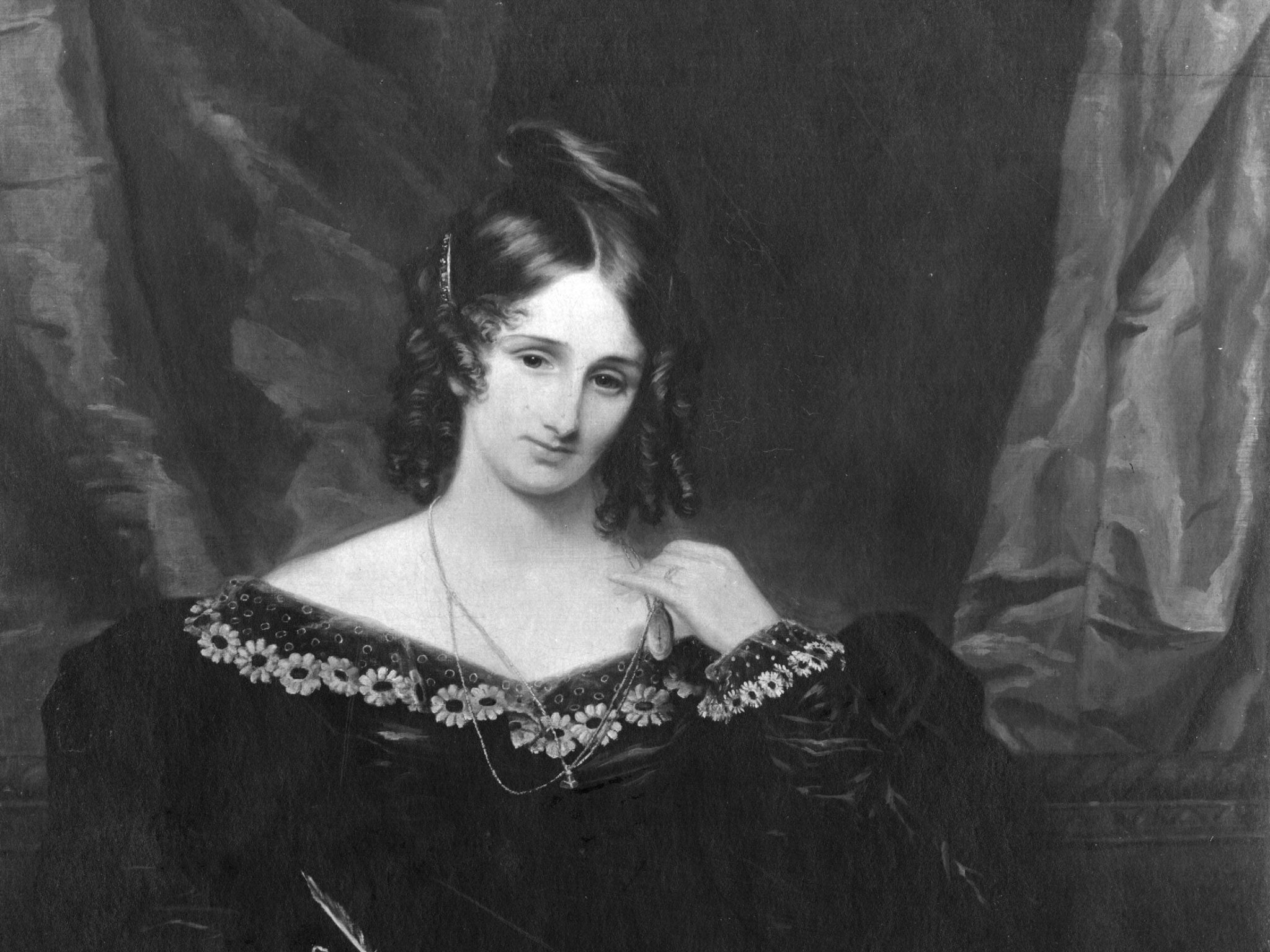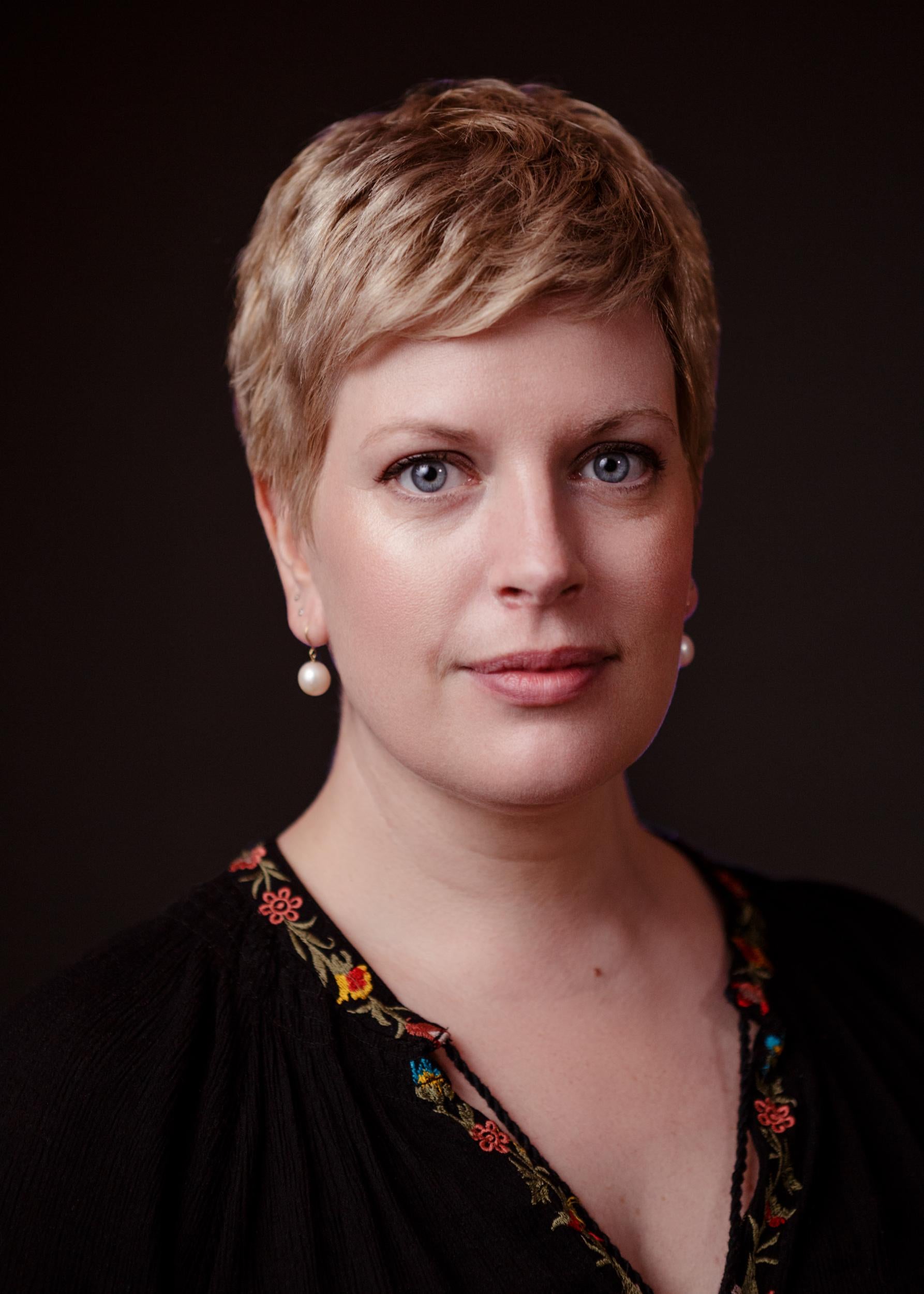Sarah Perry on sexism in publishing, why we don't need 'strong female characters', and inventing her own gothic monster
The bestselling author of 'The Essex Serpent' on the painful genesis of her next book 'Melmoth', and how she continues to take inspiration from great female writers before her

Your support helps us to tell the story
From reproductive rights to climate change to Big Tech, The Independent is on the ground when the story is developing. Whether it's investigating the financials of Elon Musk's pro-Trump PAC or producing our latest documentary, 'The A Word', which shines a light on the American women fighting for reproductive rights, we know how important it is to parse out the facts from the messaging.
At such a critical moment in US history, we need reporters on the ground. Your donation allows us to keep sending journalists to speak to both sides of the story.
The Independent is trusted by Americans across the entire political spectrum. And unlike many other quality news outlets, we choose not to lock Americans out of our reporting and analysis with paywalls. We believe quality journalism should be available to everyone, paid for by those who can afford it.
Your support makes all the difference.“I genuinely don’t really remember writing the book.”
It’s a bold admission for an author to make when discussing their forthcoming novel. Especially if you’re a bestseller like Sarah Perry, whose debut, After Me Comes the Flood, was critically acclaimed, and whose follow-up, The Essex Serpent, was a big fat hit.
Bolder, still, might be the admission that she doesn’t remember writing Melmoth because she was “basically high”.
But Perry has Graves disease, an autoimmune condition that weakens your bones and muscles; as a result, she twice ruptured a disc last year, the second time so badly it crushed a nerve in her spine, requiring urgent surgery.
“I was on huge quantities of painkillers including opiates and tranquillisers,” she says. “My memories from last year are largely pain, scars, hospitals, drugs, and then somehow there was a manuscript on my desk.”
A monster was born. And its genesis is strangely apt, for Melmoth – out this autumn – sees Perry going full gothic horror. “I wanted to write a book that would distress people, and some early readers have been really deeply shaken by it,” she says, adding with a laugh: “I’m hoping it will continue to really shit people up!”

She takes the genre seriously, however. There’s a lot of “body horror” in Melmoth, which came from writing while in a huge amount of pain, but it’s never “torture porn” – and it’s always for a point.
“The real gothic deals with humanity at its worst and most profound. People can sometimes mistake the gothic for maidens called Elsie running around in a nightgown and seeing a ghost, and actually what the gothic always did was look very closely at political and religious and social injustice, and human transgression, human wickedness, and ask questions of the readers about their own conscience. So that’s what I’ve done with Melmoth.”
To do so, she’s created a female monster. “All my life, I’d wanted to write a great monster – my Frankenstein or Dracula – but I wanted mine to be a woman. I remember feeling really incensed [as a child] that there wasn’t a titular female villain.”
Her monstrous Melmoth is a 2,000-year-old woman damned to wander the earth, witnessing humanity at its worse. It’s a legend Perry has repurposed (and gender-swapped) from an 1820 novel by Charles Robert Maturin, a full gothic gorefest, rife with rape, torture and cannibalism.
How did it feel to write a female monster? “Horrifying actually,” Perry says. “I’m glad it’s behind me.”
Not that she’s exactly put her interest in the gothic to rest: this month, Perry is hosting an event at the Norfolk and Norwich Festival, entitled Women On Writing. It celebrates three authors with anniversaries this year: Daphne du Maurier, whose Rebecca is 80; Mary Shelley, whose Frankenstein is 200, and the 100th birthday of Muriel Spark.
“As a writer and a reader they’re real touchstones for me,” she says. “Rebecca was very instrumental in my understanding of what a novel could achieve. I first read it when I was 12 or 13, and I’ve reread it over the years – and I realised that very good books grow with you. As you get older you realise what a slippery and deceitful book Rebecca is.”
These titles are now bona fide classics – but, Perry argues, their authors haven’t always been given the recognition they deserve.
“Because [De Maurier] was a woman who wrote highly successful gothic-inflected fiction she was never really taken seriously. It’s only been in the aftermath that people have realised quite how extraordinary she was,” Perry points out. “You won’t need me to tell you how easy it is for women’s writing to be considered populist or soft when it’s anything but.
“Mary was a teenager when she wrote Frankenstein – and it’s a book that effectively kills god!” she adds, still awestruck. “It’s earth-shattering, actually, in its philosophy and theology.”

She hopes the event will recognise and celebrate “how majestic and muscular, strong and profound these books are”. Such terms, Perry points out, are the kind you still tend to read in reviews of men’s work – not women’s.
“It very much continues to be the case that gender plays a role in the way writing by women is received, reviewed, talked about,” she continues. “It’s not a question that you won’t get published, but it’s much more subtle and insidious than that.”
Whether it’s women having their work boxed in as historical fiction (“when did you ever hear Sebastian Barry called a historical novelist?”) or witnessing the praise heaped on men for tackling subjects that would be dismissed from a women’s pen (Karl Ove Knausgaard being adored “because it’s a man talking about housework”), Perry is alive to the pernicious gendering of the literary sphere.
“It’s all these little tiny, tiny ways of keeping women in their place. If a man writes about the mechanism of the home that’s deeply profound; if a woman does it, it will have a pale mauve cover.”
Has she suffered such marketing? “I’m published by Serpent’s Tail and they have never, ever treated me as either primarily a financial prospect, or as a ‘woman writer’,” she’s quick to say. She recognises that many publishers would have put a photograph of a woman in a big Victorian frock on the cover of The Essex Serpent – her novel featuring a palaeontology enthusiast seeking a mythical beast. She’s inordinately pleased hers did not.
That character, Cora Seaborne, has been much taken to readers’ hearts – if that isn’t too sentimental a way of putting it. For Cora seems to live and breathe, a complex human being who we join in navigating science and faith, lust and love, motherhood and independence.
She’s also appealingly headstrong… a word I reach for and then recoil from: because you’d just never hear a male character defined as such. And because it’s perilously close to the increasingly loaded and problematic epithet “strong female character”.

Perry, a prolific tweeter, has shared her dislike of that phrase – especially when used to describe Cora. Why does it bother her?
“I’m worried that for a female character to be admired and considered ‘strong’ she has to be striding around and smashing the patriarchy. But actually I want fiction where women can be complicated and nuanced and, yes, also be frail and feeble.”
So, how does she create characters such as Cora – do they arrive fully formed, or do they surprise her in the writing? Nothing so romantic, Perry insists.
“My characters tend to be formed by ideas. In The Essex Serpent I wanted to explore ideas of faith and rationality, and to what extent faith is a form of madness and superstition,” she says. Hence inventing Cora’s love interest-cum-sparring partner Will Ransome: a vicar, but a very rational, reasonable one.
This central drive in her fiction towards exploring big ideas is informed by her unusual upbringing.
She was raised attending a strict Baptist church; there was no TV or pop music in the house. Instead, her cultural diet was Homer and Hardy, Dante and Dickens, Eliot and George. The King James Bible was read at every mealtime; she was memorising passages from the age of four.
Some might consider an upbringing without pop culture a miserable thing, but while Perry no longer attends the church – although she says “I still consider myself to have a Christian faith and worship occasionally” – she is grateful, as a writer, for that background.
“I was completely saturated in the most grand and deep ideas and prose in the English language. The Bible is full of cracking stories! It taught me about language, and the importance of music and cadence,” she says. “My upbringing made me feel that anybody can understand massive ideas: eternity, goodness, darkness, light, the sublime.”
Mary Shelley and Daphne du Maurier would, no doubt, approve.
‘Women on Writing: Sarah Perry with Peggy Hughes & Fiona Sampson’ is at the Adnams Spiegeltent, Norwich, 25 May. The Norfolk and Norwich Festival continues until 27 May (nnfestival.org.uk). ‘Melmoth’ is published in October by Serpent’s Tale
Join our commenting forum
Join thought-provoking conversations, follow other Independent readers and see their replies
Comments